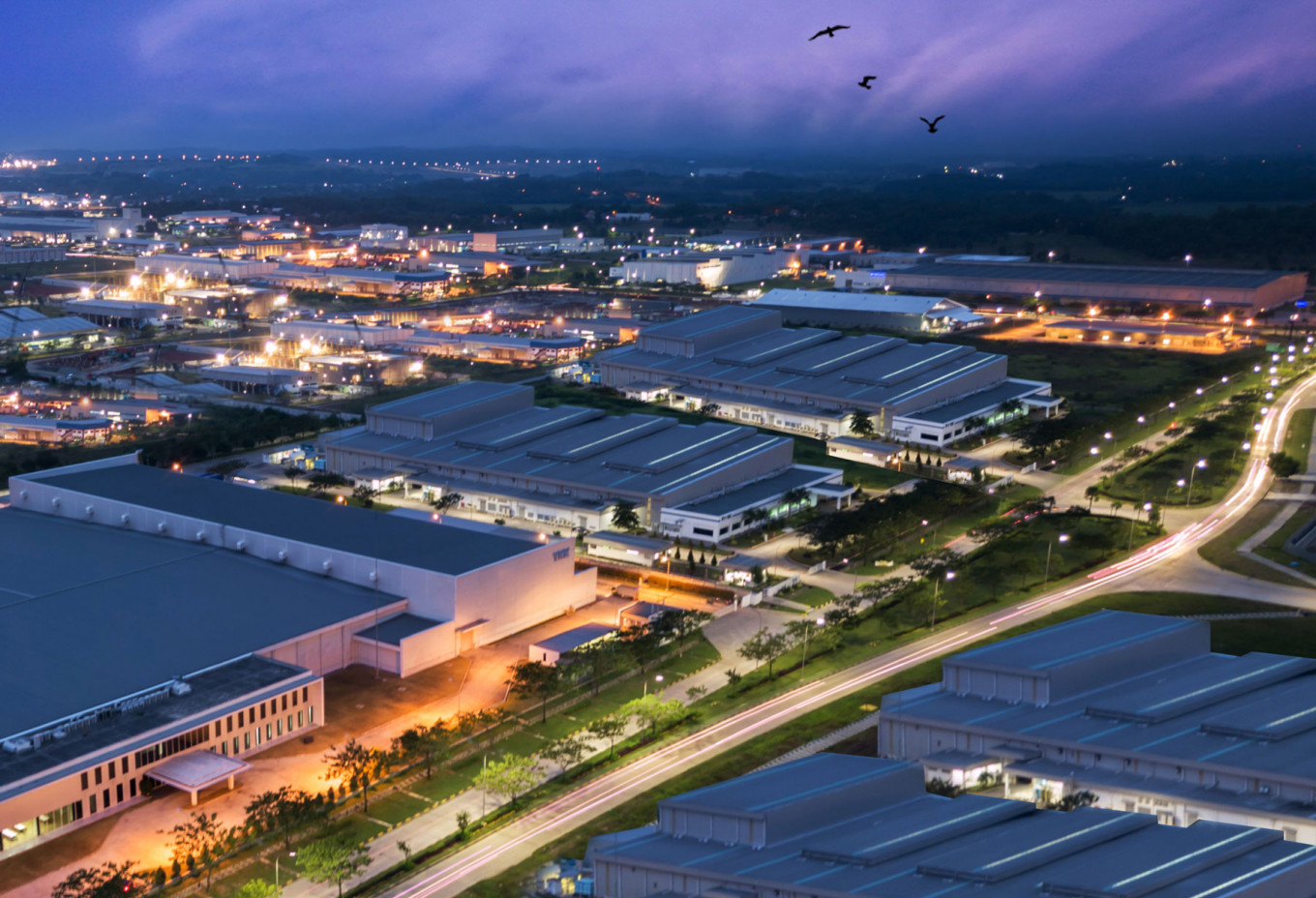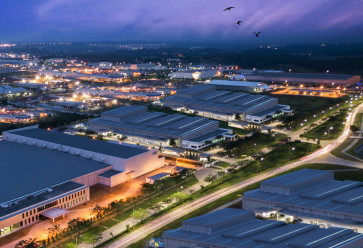Popular Reads
Top Results
Can't find what you're looking for?
View all search resultsPopular Reads
Top Results
Can't find what you're looking for?
View all search resultsASEAN must not leave climate behind in digital economy agreement
As ASEAN gears up to negotiate the DEFA to increase intraregional digital cooperation and trade, it must keep climate change front of mind to ensure the sustainability and resilience of the region's digital ecosystem.
Change text size
Gift Premium Articles
to Anyone
A
SEAN leaders agreed at their 43rd summit meeting in Jakarta earlier this month to start and accelerate negotiations on the ASEAN Digital Economy Framework Agreement (DEFA). DEFA is expected to provide a coherent, harmonized, and rules-based approach to ASEAN’s cooperation in the digital ecosystem to support digital transformation in the region.
While DEFA’s focus is naturally on the enabling environments for digital economic integration, ASEAN leaders should not overlook the clear links between the digital transformation that they pursue and climate change. As strong climate action is urgently needed, it is important to build climate safeguards into the Agreement to ensure our collective digital future is sustainable and resilient.
The impacts of digitalization on climate change are increasingly a topic of debate. Despite the hype of digitalization as a solution to climate change, the Intergovernmental Panel on Climate Change (IPCC } 2022 report found that so far, digitalization has had limited contribution to mitigating climate change.
The IPCC scientists acknowledge that while digitalization has the potential to support energy efficiency, without policies and regulations, it may adversely increase energy consumption. The impacts are not limited to just the energy required to build, operate, and maintain the information and communication technologies (ICT) infrastructure, but also energy implications from the new product and service provision system driven by digital transformation.
The energy impact of ICT infrastructure is clear. Data centers use a huge amount of energy, particularly in the warm ASEAN region that requires greater power for cooling systems. In 2020, data centers contributed 7 percent to Singapore’s electricity consumption.
As demand for data centers in the region grows, with analysts estimating 10-15 percent demand growth across Southeast Asia, so will their electricity consumption and emissions.
To address the problem, Singapore’s minister for communications and information announced a new energy efficiency standard for data centers.



















